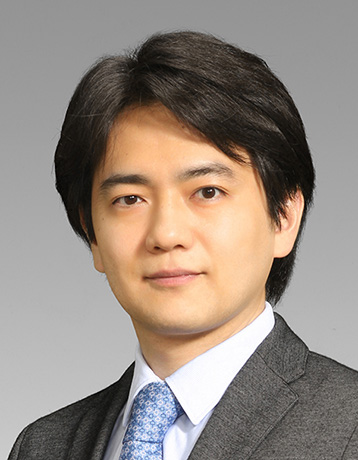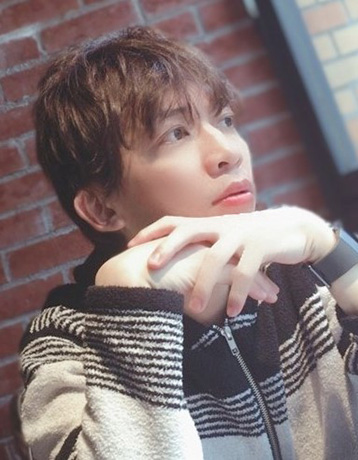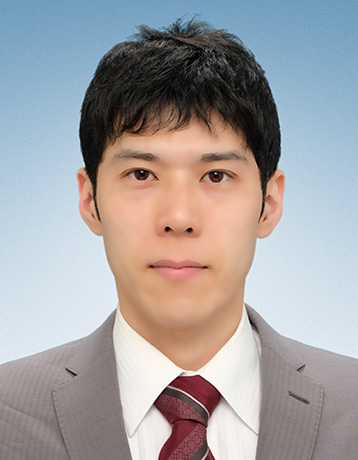On July 6, Tokyo Institute of Technology (Tokyo Tech) announced the ten winners of its 19th Challenging Research Awards for 2020. Three of them were also selected for The Suematsu Challenging Research Award. The award ceremony was held virtually on August 4.
Tokyo Tech established the Challenging Research Award with the aim of encouraging young faculty members at Tokyo Tech to engage in challenging research. It recognizes creative, up-and-coming researchers who boldly pursue the most advanced research in the world, pioneering of new fields of study, innovative development of new research, and important issues that are difficult to solve. The Suematsu Challenging Research Award is given to the highest qualified group among the Challenging Research Award winners.
2020 Tokyo Tech Challenging Research Award recipients
* Granted Suematsu Challenging Research Award
Comments from the Suematsu Challenging Research Award winners
Yoshimitsu Sagara
Associate Professor, Department of Materials Science and Engineering, School of Materials and Chemical Technology

Mechanophores, which show various output in response to mechanical stimuli, have been investigated these days. Especially, mechanophores changing absorption and photoluminescent properties are useful because such mechanophores can easily detect and/or visualize mechanical stimuli applied to the materials. Our group has prepared supramolecular mechanophores. The supramolecular mechanophores do not require scission of covalent bonds for activation, leading to the detection of tiny mechanical stimuli. Besides, good reversibility can be achieved. Recently, our group developed rotaxane-based supramolecular mechanophores, inspired by the unique interlocked molecular structures. Then, the relatively complicated structure motivated us to prepare simpler supramolecular mechanophores with cyclic structures as the current research subject that received the award. Finally, I'd like to take this opportunity to thank my former colleagues and research collaborators.
Shunsuke Ono
Associate Professor, Department of Computer Science, School of Computing

I am very honored to receive the prestigious Tokyo Tech Challenging Research Award and the Suematsu Challenging Research Award. I would like to express my gratitude to my co-researchers and students who have been supporting my research life.
The research topic that led to this award is the theoretical analysis of hybrid algorithms that combine deep neural networks and mathematical optimization techniques. I believe that such topics are very important research directions for the application of advanced black box technologies such as deep learning to various scientific and industrial fields while ensuring reliability and accountability.
Encouraged by this award, I will continue my research activities to contribute to the development of computer science and engineering.
Yu Kumagai
Associate Professor, Laboratory for Materials and Structures, Institute of Innovative Research

In advanced materials, point defects play significant roles and trigger various materials properties. Understanding the point-defect properties such as formation energies and local electronic structures is therefore important for developing next-generation materials. In reality, however, investigation of point defects only with experiments is rarely possible because of the resource limitation. Conversely, computational techniques allowing us to directly solve the quantum mechanics equation for electrons moving in materials have been used recently for researching point-defect properties. With these, researchers can investigate the point defects from nano-scale viewpoint. The main goal of my research is to adopt the computational techniques to point defects in thousands of materials and understand the defect properties from a broader perspective. Such universal knowledge will have a positive wide-range effect on development of various types of materials including semiconductors, catalysts, and ion conductors.
I am very honored with this prize. I would like to express my sincere gratitude to Prof. Oba and all of my collaborators, and would like to express my deep gratitude to Tokyo Tech for their great support.
. Any information published on this site will be valid in relation to Science Tokyo.






